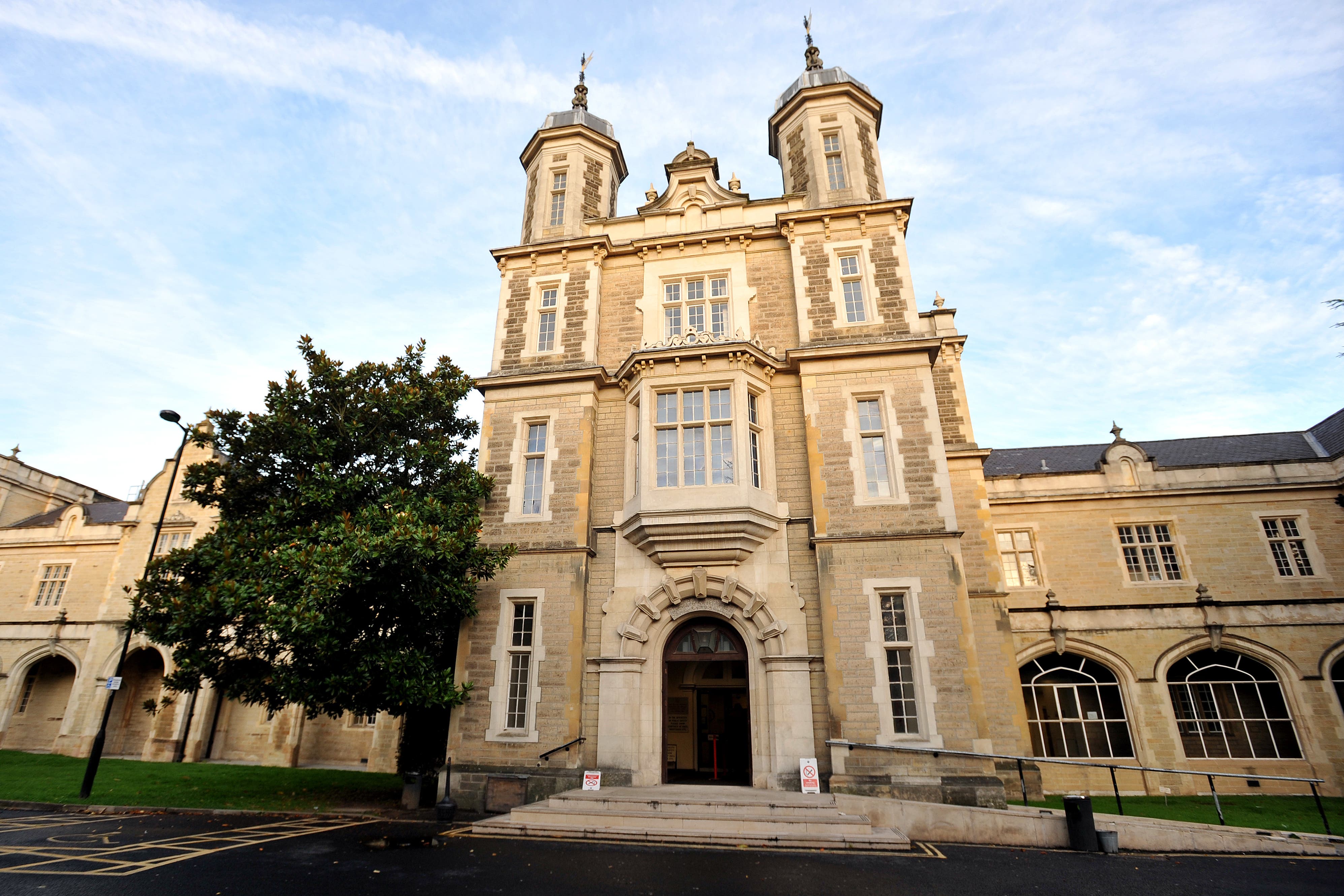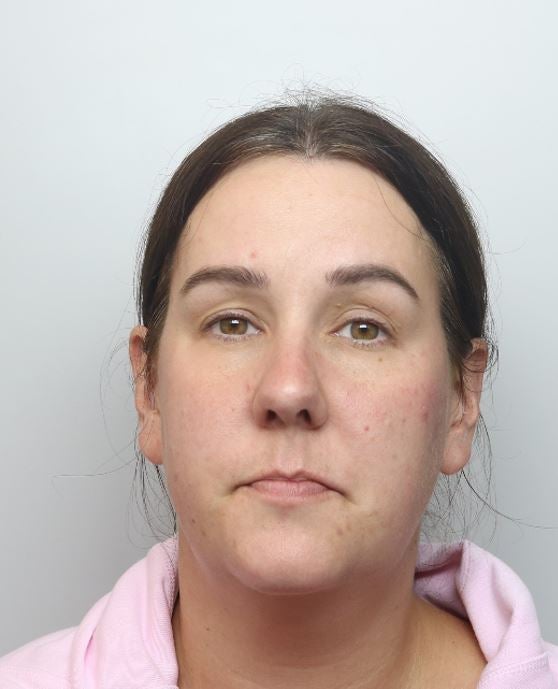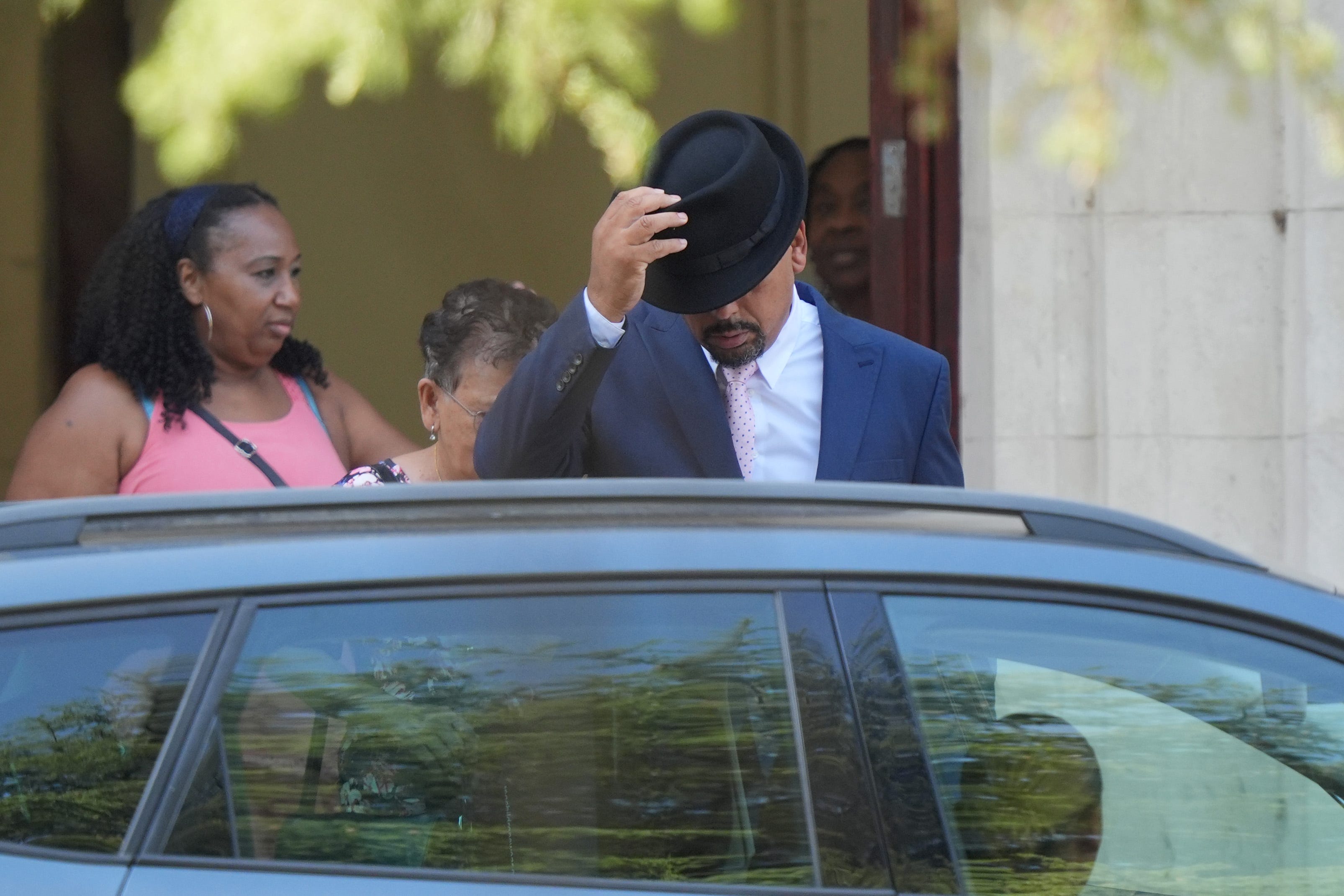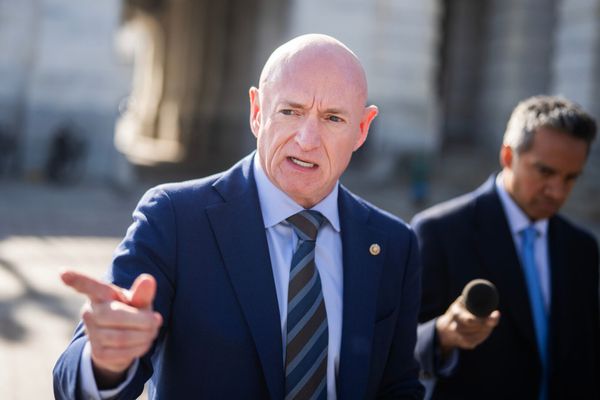
A jury’s decision to clear a suspended Labour councillor of encouraging violent disorder after he called for far-right activists’ throats to be cut cannot be compared to the case of Lucy Connolly, lawyers have claimed.
Ricky Jones, 58, faced trial at Snaresbrook Crown Court after he described far-right activists as “disgusting Nazi fascists” in a speech at an anti-racism rally last year, in the wake of the Southport murders.
The now-suspended councillor, surrounded by cheering supporters in Walthamstow, east London, on August 7 2024, was filmed stating: “They are disgusting Nazi fascists. We need to cut all their throats and get rid of them all.”
Jurors deliberated for just over half-an-hour and found him not guilty on Friday.

This caused Conservative and Reform politicians to brand the decision “two-tier justice” – with shadow home secretary Chris Philp comparing the case to that of Mrs Connolly, who was jailed for 31 months after she posted a tweet calling for “mass deportation” of asylum seekers and to “set fire to all the f****** hotels” on the day of the Southport attacks.
Former home secretary and Tory leadership candidate Sir James Cleverly also called the jury’s decision to clear Ricky Jones “perverse” in an X post, adding: “Perverse decisions like this are adding to the anger that people feel and amplifying the belief that there isn’t a dispassionate criminal justice system.”
Lawyers have said the cases should not be conflated as Connolly and Jones faced allegations of a different nature – and Jones faced trial where Connolly, having pleaded guilty, did not.
Peter Stringfellow, a solicitor at Brett Wilson, said: “Both (Jones and Connolly) said pretty unpleasant things.
“However, I’m afraid the conflation of the two after that is a problem. It comes from people who’ve got some sort of political agenda, in my view.
“They were facing completely different allegations and a massive part of those different allegations is the racial element.
“If you look at the Connolly case … her intention is of a racial nature.”
Connolly pleaded guilty last year to a charge of inciting racial hatred by publishing and distributing “threatening or abusive” written material on X.

On July 29 last year, she posted: “Mass deportation now, set fire to all the f****** hotels full of the bastards for all I care … if that makes me racist so be it.”
“She directs everybody to the fact that this was a racial comment,” Mr Stringfellow said.
“She pleads guilty to that intention … she accepted that she had intended to stir racial hatred.
“The Jones case is different because one, he’s facing a completely different allegation: he’s facing encouraging violent disorder.
“And the difference with him is he’s saying: ‘That’s not what I was intended to do’.”
Mr Stringfellow added that, in the case of Connolly, racially aggravated discourse on social media did translate into real-life violence across the country – whereas Mr Jones’ comments at a rally did not cause a violent disorder.
“What she (Connolly) did, what followed her comments about threatening to burn people in hotels, is that that’s precisely what then happened – and people were attempting to burn people in hotels.”
Ernest Aduwa, partner at Stokoe Partnership Solicitors, said comparisons between Jones’ and Connolly’s cases were “misplaced”.
“We need to be honest about what is going on here. The verdict in the Ricky Jones case was not political, it was legal,” he said.
“A jury listened to the evidence, tested it and decided unanimously he was not guilty.
“That is not bias or ‘two-tier justice’ – it is the justice system doing what it is supposed to do: separating facts from noise.
“Comparisons with the Lucy Connolly case are misplaced.
“Lucy Connolly pleaded guilty. There was no trial, no cross-examination, no jury. She admitted the specific offence: stirring up racial hatred online.
“Ricky Jones faced a different charge … with a high burden of proof.
“The jury decided the Crown had not met it.

“That does not mean the protest was not passionate or loud – it means there was not enough evidence to prove intent to incite violence. That distinction matters.
“I understand why emotions run high. But flattening two different situations into one misleading narrative does no favours to justice.
“The fact that a black man at a protest can receive a fair trial and be acquitted should be seen not as an injustice, but as proof the system can still get it right.”
He added: “The law is not perfect, but it must rest on evidence – not opinion, pressure, or politics.”
Laura Allen, head of the protest and public order team at Hodge, Jones and Allen lawyers, said the two cases involved different decisions that need to be put in their legal context and it is “frankly offensive” to the ordinary members of the public who sat on the jury to suggest they had not acted appropriately.
If there is anything close to a two-tier system in the British justice sector it is one that historically “has not favoured ethnic minorities”, although work has been done to try to repair that situation, according to Ms Allen.
A judge made a ruling on Connolly’s sentence after she had said she was guilty, while a jury listened to the evidence during the trial and found him not guilty.
Ms Allen said they are “just two very different things and it is not possible to compare them in the way that Nigel Farage is choosing to do as part of his political grandstanding”.
She said: “He (Farage) is suggesting that these 12 people, about whom I assume he knows nothing, have not made their decision on the evidence but on some other ulterior motive.
“They are 12 members of the jury, picked at random, who have done their civic duty, have listened to the evidence in the case and concluded they could not be sure that Ricky Jones was guilty.
“Due to the way our jury system works they are not required, and certainly are not permitted, to explain the reasons for their decision.”
She added: “All we know is that the jury found Ricky Jones not guilty. We don’t know why. We also don’t know the political background of any of these people. We don’t know their views on immigration or on race.
“We don’t know any of that stuff and that is the whole point.”







